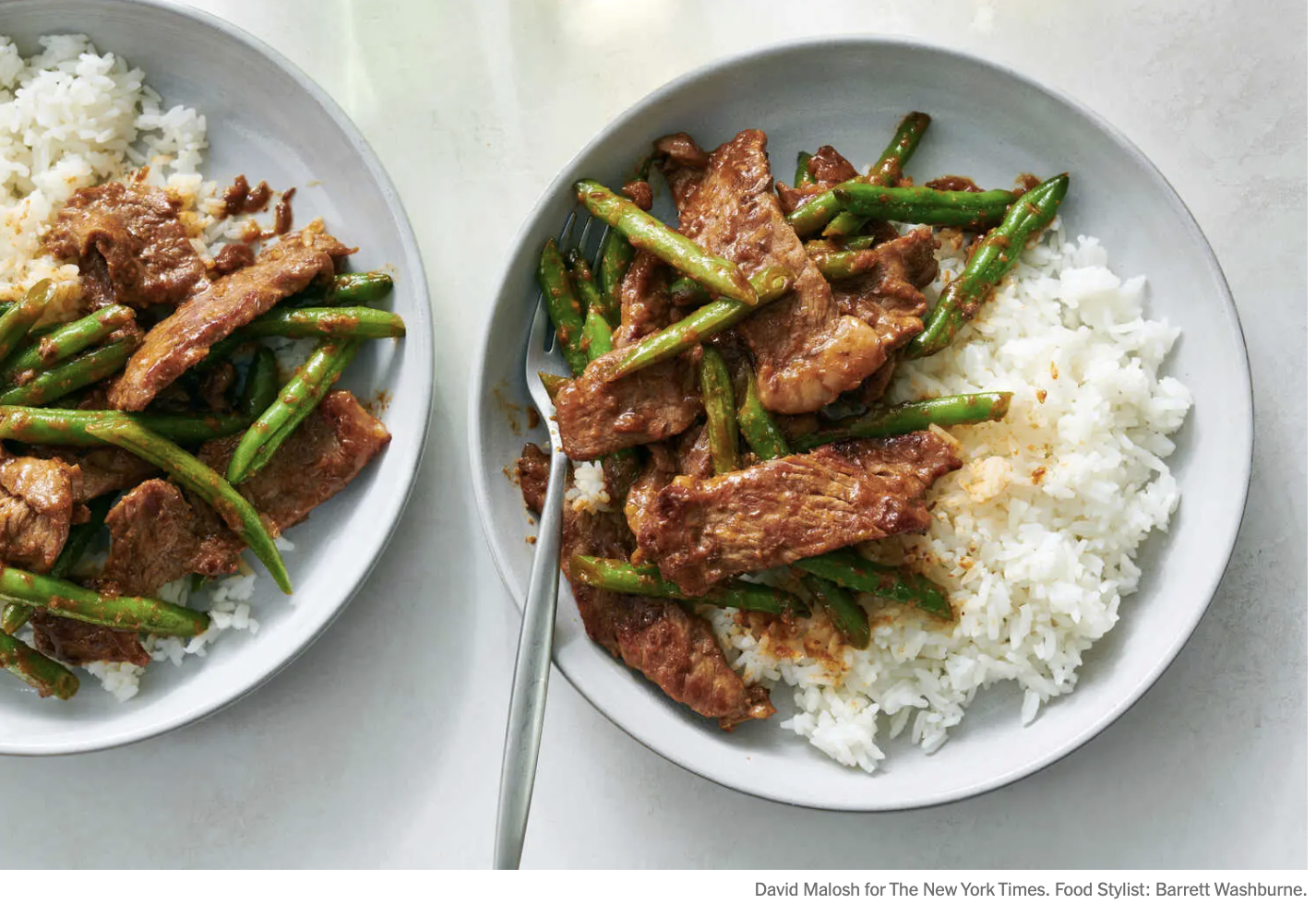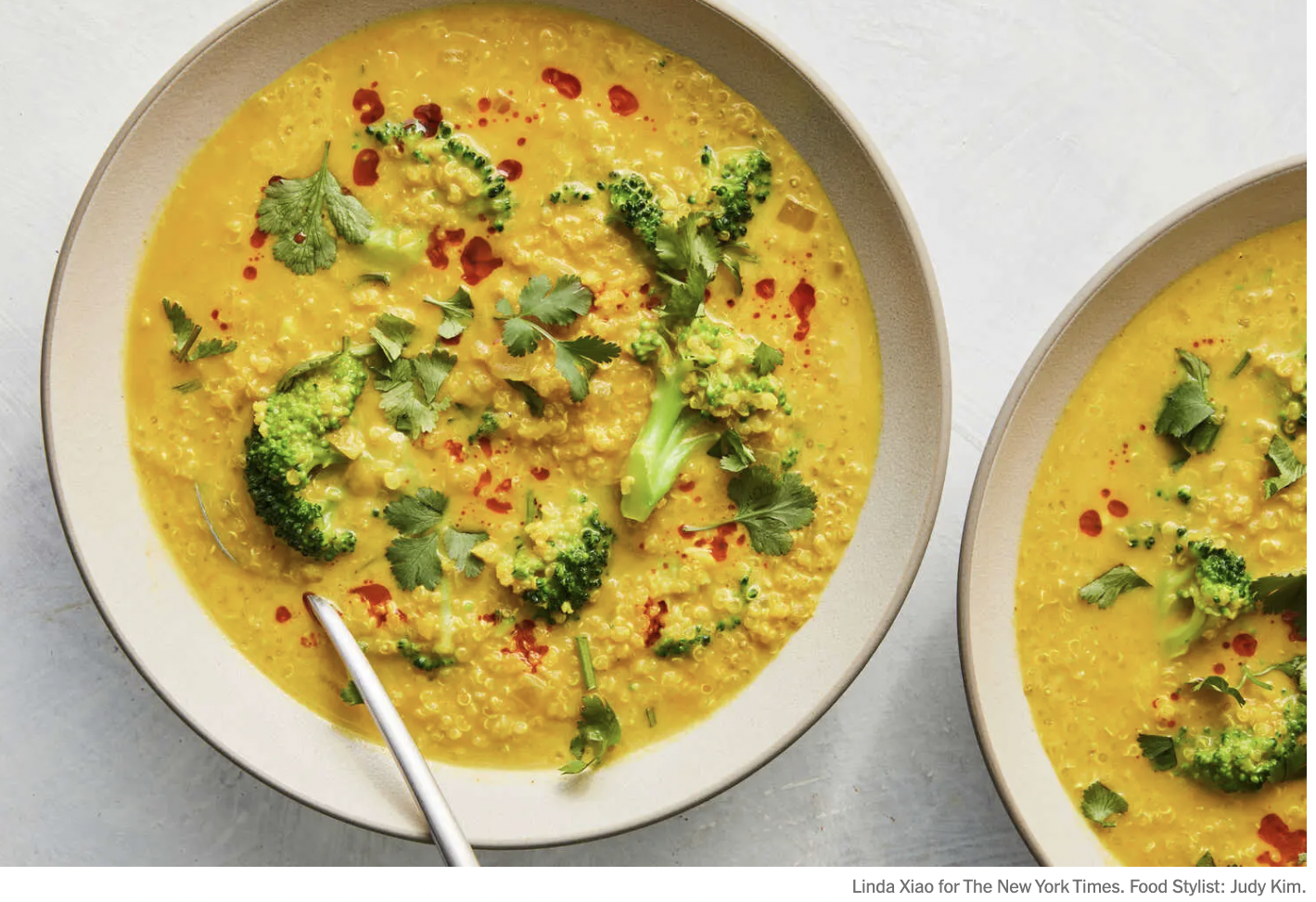Whole vs. Processed Foods – The Good, The Bad, The Ugly
Related articles
How eating processed foods is making us fat and sick and practical suggestions for transitioning to a whole food diet.
We can think of foods as being on a spectrum from naturally occurring (as found in nature) to highly processed (industrially formulated). Ultra-processed foods, for example milk shakes, French fries, and cheeseburgers, have taken over America. Most of our calories come from these types of foods versus whole, unprocessed foods because they are heavily marketed, convenient and delicious. They have been formulated to instantly satisfy our primal cravings for fat, sugar and salt. Why is it an issue that we are consuming so much ultra-processed foods?
Ultra-processed foods are not real food
They have generally been stripped of fiber, natural fat and nutrients. They have been fortified with hydrogenated oils, high-fructose corn syrup, flavoring and coloring agents, emulsifiers and preservatives. These additives increase your risk for developing a chronic disease. For example, high-fructose corn syrup has been shown to increase your risk for developing metabolic syndrome, Type II diabetes and cognitive impairment. Hydrogenated oils are trans-fats that increase your risk for coronary heart disease. Ultra-processed foods increase depressive symptoms. The rise in these chronic illnesses has paralleled the increased consumption of these foods.
Ultra-processed foods also significantly increase appetite and weight gain

In a recent study, one group of adults ate three ultra-processed meals a day for two weeks (e.g. bagel with cream cheese and turkey bacon) and another group ate minimally processed meals (e.g. oatmeal with banana and skim milk). The meals were identical in calories, sugar, fat, and carbohydrates. In the end, the ultra-processed group had eaten 500 more calories per day and had GAINED two pounds on average. The minimally processed group LOST two pounds. The lack of fiber, added sugar and fat drove the weight gain in the ultra-processed group.
Eating a diet rich in unprocessed foods maintain weight and reduces your risk for developing heart disease and other chronic conditions.
However, we understand that it’s difficult to give up the convenience and palatability of processed foods. Fortunately, some minimally processed foods are healthy options. For example, store bought hummus generally has very few and natural ingredients like olive oil and salt. Protein powder is a good source of high-quality protein and is usually fortified with extra vitamins, minerals, and phytonutrients. Tofu is processed soy but with its nutrients intact.

The key is to mainly eat unprocessed and minimally processed foods and mostly avoid ultra-processed foods. But if you are out socializing with friends and you want to order a pizza, go for it. Food needs to be enjoyable as well as good for us. And on days where you have a hard workout, your body can handle a few extra carbs or sugar. It’s all about adopting a general pattern of healthy eating.
Here are some ideas on how to increase your consumption of minimally processed foods:
Try more nutritious options to some of your favorite processed foods. For example, instead of corn flakes, try steel cut oatmeal. Instead of fruit at the bottom yogurt, try unsweetened low fat Greek yogurt with a teaspoon of honey and fresh mixed berries. If you are having pasta for dinner, try using chickpea or red lentil pasta to boost the fiber and nutrient content. Try almond flour crackers instead of regular crackers. For a handy list of unprocessed, minimally processed and ultra-processed foods, check out “What Should I Eat?!” based on the Mediterranean dietary approach.

Plan ahead so you have a better chance of sticking with healthy meals throughout the week. It is very effective to buy and prep your favorite vegetables and proteins over the weekend. Then, during the week, you can easily make salads, stir fry’s, soups, or other meals with your prepped ingredients by just adding sauces, herbs, and spices. “Weekly Meal Prep Mastered” is a helpful guide to prepping meals.
Experiment with more unprocessed foods. You won’t like everything but you might be surprised at what you do like. Most people don’t eat enough fruit and vegetables. Try one new vegetable or fruit every time you go shopping and eat it raw or add it to a meal. Snacking and eating on the go are when we are most likely to reach for processed foods. Try healthy snacks like low fat cottage cheese with raw walnuts and pineapple, hummus and sliced apples, celery and almond butter. “25 Ways To Eat Well On The Go” provides other helpful ideas.
As you transition to more whole foods, your palate will readjust, and you will start to crave those foods vs. the over salted, sweet and fatty processed foods. It might take a few weeks but your increased energy, reduced waistline and elevated mood will help keep you motivated.
“How to Eat More Minimally Processed Foods” s a colorful and printable handout that summarizes the differences between processed vs. unprocessed foods.
Subscribe to unlock premium content
Sed at tellus, pharetra lacus, aenean risus non nisl ultricies commodo diam aliquet arcu enim eu leo porttitor habitasse adipiscing porttitor varius ultricies facilisis viverra lacus neque.





